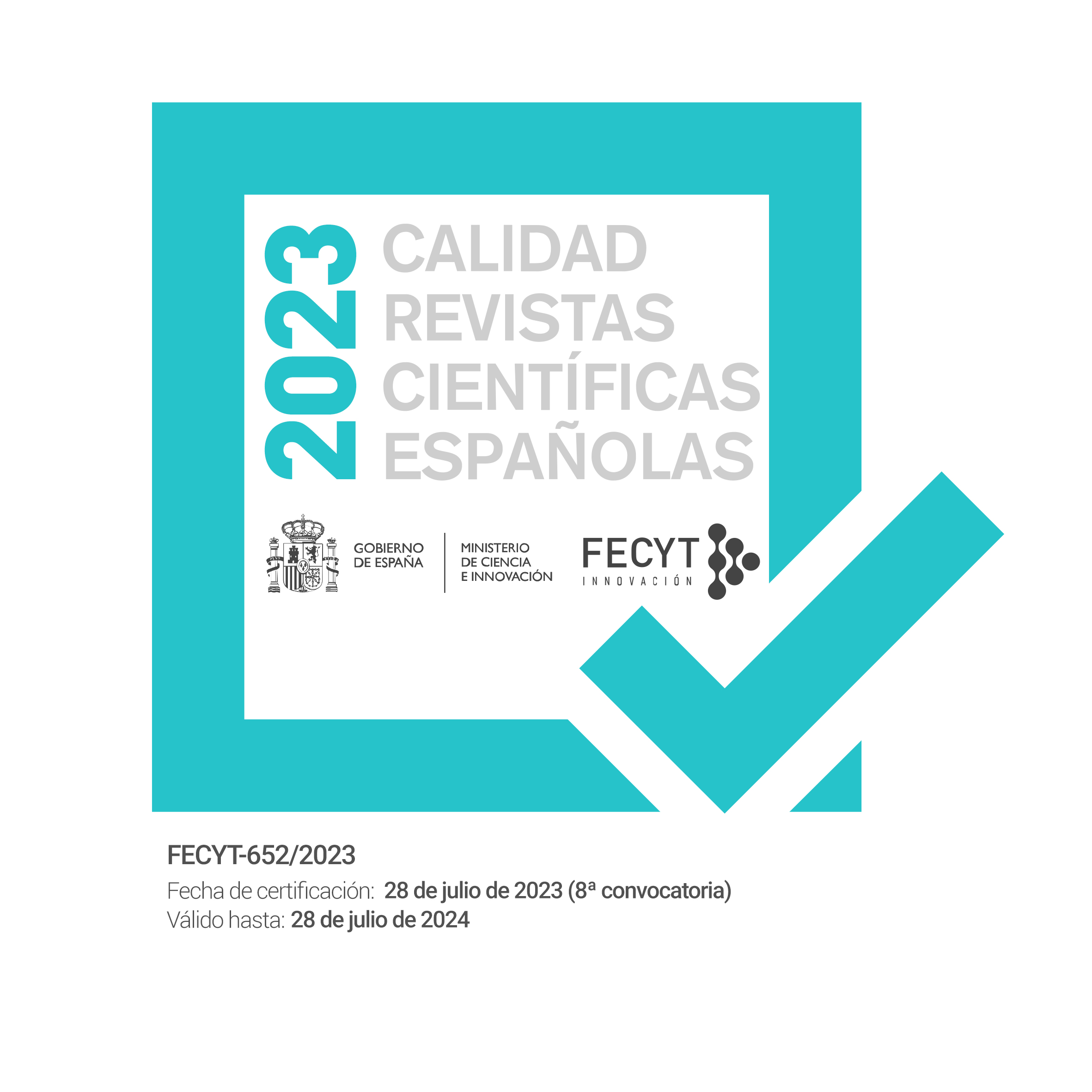Take + noun sequences in native and learner written data
Palabras clave:
Collocations, Idioms, Free Combinations, Advanced Learner, Contrastive Interlanguage Analysis.Resumen
Abstract. Multi-word sequences have been shown to pose important problems for learners even at the most advanced levels (Nesselhauf 2003, 2005). In this article we compare the use of the high-frequency verb take by both native speakers (NS) and advanced Spanish-speaking learners of English (NNS) in three types of multiword sequences (free combinations, collocations and idioms), although the focus will be mainly on collocations. The data were drawn from the Spanish subsection of the International Corpus of Learner English and the Louvain Corpus of Native Speaker Essays. Following the framework of Contrastive Interlanguage Analysis (Granger et al. 2002), we studied the learners’ linguistic behaviour from the perspective of what combinations they use significantly more or significantly less than native speakers. The results show that learners significantly underuse collocations and free combinations, but significantly overuse idioms.Descargas
Publicado
Número
Sección
Licencia
Reconocimiento – No comercial (CC BY-NC). Bajo esta licencia el usuario puede copiar, distribuir y exhibir públicamente la obra y puede crear obras derivadas siempre y cuando estas nuevas creaciones reconozcan la autoría de la obra original y no sean utilizadas de manera comercial.
Los autores retienen todos sus derechos de publicación y copyright sin restricciones.








